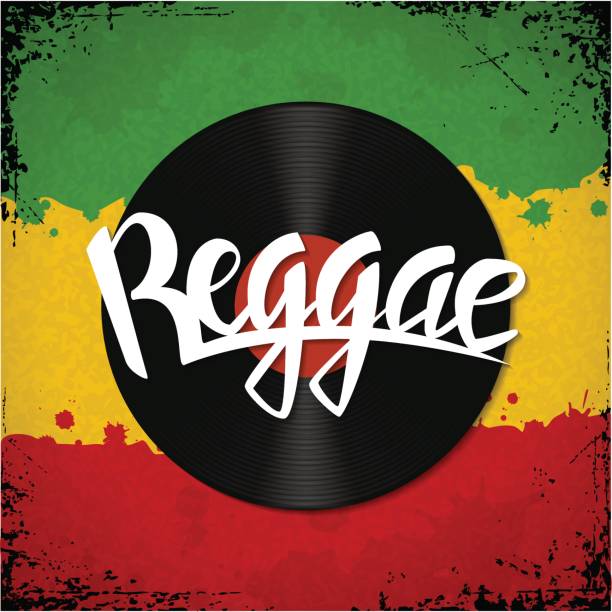- Get link
- X
- Other Apps
Reggae is a genre of music that originated in Jamaica in the late 1960s. With its roots deeply entrenched in Jamaican culture, reggae has grown to become a globally recognized and influential musical style. Known for its distinctive rhythmic patterns, laid-back groove, and socially conscious lyrics, reggae has captivated audiences around the world. In this article, we will delve into the history, characteristics, and notable artists of reggae.
Reggae emerged as an evolution of earlier Jamaican musical styles, such as ska and rocksteady. The genre was heavily influenced by the cultural and social changes taking place in Jamaica during the 1960s and 1970s. The music served as a form of expression for the oppressed and marginalized communities, addressing themes of social justice, spirituality, and liberation.
One of the most iconic figures in reggae is Bob Marley. His music and message transcended boundaries, making him a global ambassador for reggae. Marley's songs like "One Love," "No Woman, No Cry," and "Redemption Song" showcased his distinctive voice, heartfelt lyrics, and commitment to social change. His influence on reggae and popular music as a whole cannot be overstated, and his legacy continues to inspire generations of musicians.
In addition to Bob Marley, there are many other notable reggae artists who have made significant contributions to the genre. Jimmy Cliff, known for his hits like "Many Rivers to Cross" and "The Harder They Come," helped popularize reggae beyond Jamaica with his soulful vocals and powerful songwriting. Toots and The Maytals, with their energetic performances and infectious melodies, brought reggae to a wider audience with songs like "Pressure Drop" and "54-46 That's My Number."
Peter Tosh, a former member of Bob Marley's band The Wailers, also made a significant impact as a solo artist. His songs like "Legalize It" and "Equal Rights" tackled political and social issues, advocating for equality and justice. Tosh's rebellious spirit and powerful lyrics made him a prominent voice within the reggae community.
Reggae also expanded beyond Jamaica, with artists from other countries incorporating reggae elements into their music. British reggae bands like UB40 and Steel Pulse achieved international success and introduced reggae to new audiences. UB40's cover of "Red Red Wine" and Steel Pulse's politically charged songs like "Ku Klux Klan" and "Handsworth Revolution" showcased the diverse range of reggae music.
In the 1980s and 1990s, reggae continued to evolve with the emergence of dancehall, a subgenre characterized by its fast-paced rhythms and lyrical style. Artists like Shabba Ranks, Buju Banton, and Beenie Man brought dancehall to the forefront of Jamaican music, with their energetic performances and catchy melodies. Dancehall's influence can still be felt in contemporary reggae and popular music.
Reggae has also influenced other genres and has been embraced by artists from various musical backgrounds. Artists like Sting, The Police, and Sublime have incorporated reggae elements into their music, creating a fusion of styles that has expanded the reach and appeal of reggae to a wider audience.
Today, reggae remains a vibrant and influential genre. Artists like Damian Marley, Chronixx, and Protoje continue to push the boundaries of reggae music, infusing it with elements of hip-hop, R&B, and other genres. Their innovative approaches and socially conscious lyrics keep the spirit of reggae alive, addressing contemporary issues and connecting with audiences worldwide.
Reggae's impact extends beyond the music itself. It has become a symbol of cultural identity, social activism, and spiritual upliftment. The infectious rhythms, soulful vocals, and uplifting messages of reggae continue to inspire people across generations and cultures.
In conclusion, reggae is a powerful and influential genre that has left an indelible mark on the music world. From its origins in Jamaica to its global reach, reggae has served as a voice for the oppressed, a platform for social change, and a source of joy and inspiration. Through the timeless music of artists like Bob Marley, Jimmy Cliff, and Peter Tosh, reggae continues to resonate with audiences, spreading messages of love, unity, and freedom. As reggae evolves and adapts to contemporary times, it remains a vital force in the world of music, carrying on its legacy of positivity, resilience, and cultural expression.
- Get link
- X
- Other Apps

Comments
Post a Comment